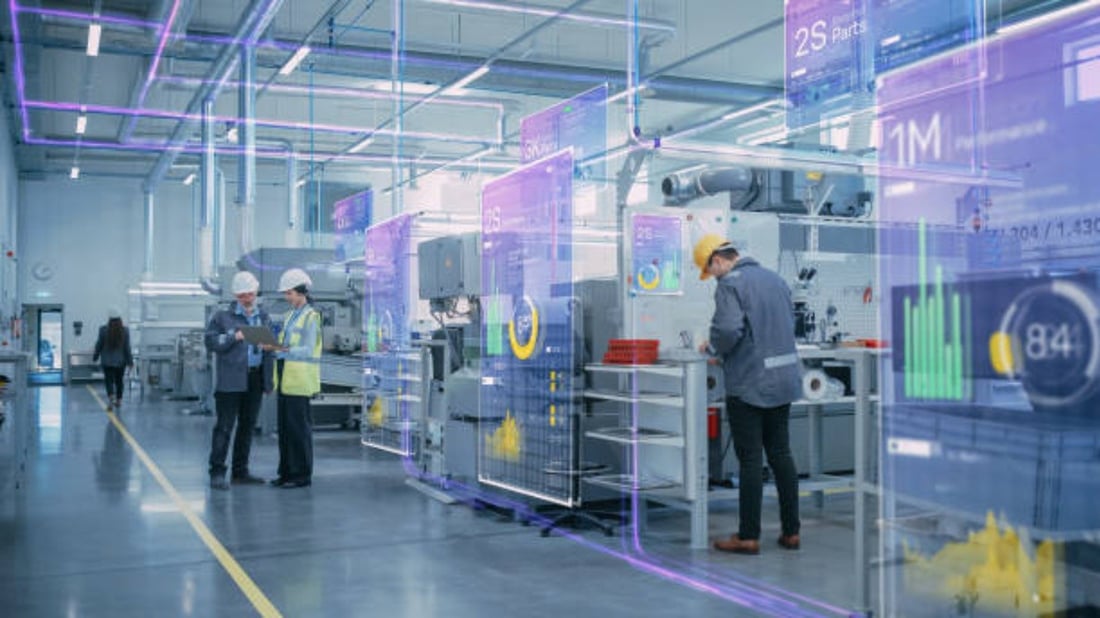Introduction
Plastic manufacturing has revolutionized various industries, from automotive to electronics. To meet the increasing demand for high-quality plastic components, manufacturers are turning to advanced technologies such as CNC machines. CNC (Computer Numerical Control) machines offer numerous advantages when it comes to plastic fabrication, enabling precise and efficient production. In this article, we explore the benefits of using a cnc machine for plastic manufacturing.
1. Enhanced Precision and Accuracy
CNC machines are known for their exceptional precision and accuracy. When it comes to plastic manufacturing, precision is crucial to ensure the desired quality and functionality of the final product. CNC machines utilize computer-controlled movements to mill, cut, and shape plastic materials with incredible precision. This level of accuracy eliminates human error and ensures consistent results, even for complex designs.
2. Cost-Effective Production
By using a CNC machine for plastic manufacturing, manufacturers can significantly reduce production costs. Unlike traditional manufacturing methods that require extensive manual labor, CNC machines automate the fabrication process. This automation eliminates the need for multiple operators, reducing labor costs. Additionally, CNC machines optimize material usage, minimizing waste and further reducing expenses. The cost-effectiveness of CNC machines makes them an excellent choice for both large-scale production runs and small-batch manufacturing.
3. Versatility in Plastic Materials
CNC machines are compatible with a wide range of plastic materials, including ABS, acrylic, polycarbonate, and nylon, among others. This versatility allows manufacturers to choose the most suitable material for their specific application. Whether it's for prototyping or producing end-use parts, CNC machines can handle various plastic materials with ease. This flexibility enables manufacturers to explore different options and optimize their designs based on material properties.
4. Complex and Intricate Designs
With the help of CNC machines, manufacturers can create intricate and complex designs for plastic components. CNC machines are capable of producing highly detailed parts with intricate geometries that would be challenging to achieve using traditional manufacturing methods. This opens up new possibilities for designers and engineers to push the boundaries of what is achievable in plastic manufacturing. Complex shapes, textures, and patterns can be accurately replicated, offering endless design possibilities.
5. Efficient Production Workflow
CNC machines streamline the production workflow, allowing manufacturers to optimize their processes and improve overall efficiency. Once a design is programmed into the CNC machine, it can produce multiple identical parts without the need for manual intervention. This reduces production time and increases output, enabling manufacturers to meet tight deadlines and fulfill customer demands. The efficient production workflow offered by CNC machines enhances productivity and helps businesses stay competitive in the fast-paced market.
6. Reduced Lead Times
Shorter lead times are crucial in today's manufacturing landscape, where speed and agility are vital for success. CNC machines contribute to reduced lead times by automating the production process and eliminating time-consuming manual operations. With CNC machines, manufacturers can rapidly produce plastic components without compromising on quality. This allows businesses to respond quickly to market demands and gain a competitive edge.
7. Improved Consistency and Quality Control
Consistency and quality control are paramount in plastic manufacturing. CNC machines excel in providing consistent results, ensuring that each part produced meets the highest quality standards. The computer-controlled precision of CNC machines eliminates variations caused by human error, resulting in uniform parts with exceptional quality. Improved consistency and quality control enhance customer satisfaction and contribute to the overall reputation of the manufacturer.
8. Prototyping and Iterative Design
CNC machines play a crucial role in the prototyping and iterative design process. With the ability to quickly produce accurate prototypes, designers and engineers can test and refine their designs before moving into full-scale production. This iterative approach helps identify potential design flaws, optimize functionality, and minimize costly errors. CNC machines enable rapid prototyping, reducing development time and ensuring a smooth transition from design to production.
9. Environmental Sustainability
Environmental sustainability is an important consideration for modern manufacturing. CNC machines contribute to a greener future by reducing material waste. The precision of CNC machines ensures minimal material wastage during production, maximizing material utilization. Additionally, CNC machines operate with high efficiency, consuming less energy compared to traditional manufacturing methods. By embracing CNC technology, manufacturers can reduce their environmental footprint and contribute to a more sustainable manufacturing industry.
10. Scalability and Long-Term Investment
CNC machines offer scalability, making them an ideal long-term investment for plastic manufacturers. These machines can handle both small-scale and large-scale production runs, allowing businesses to adapt to changing market demands. Additionally, CNC machines can be upgraded with new software and tools, ensuring they remain relevant and capable of meeting future manufacturing requirements. The scalability and long-term investment value of CNC machines provide manufacturers with the flexibility and confidence to grow their businesses.

